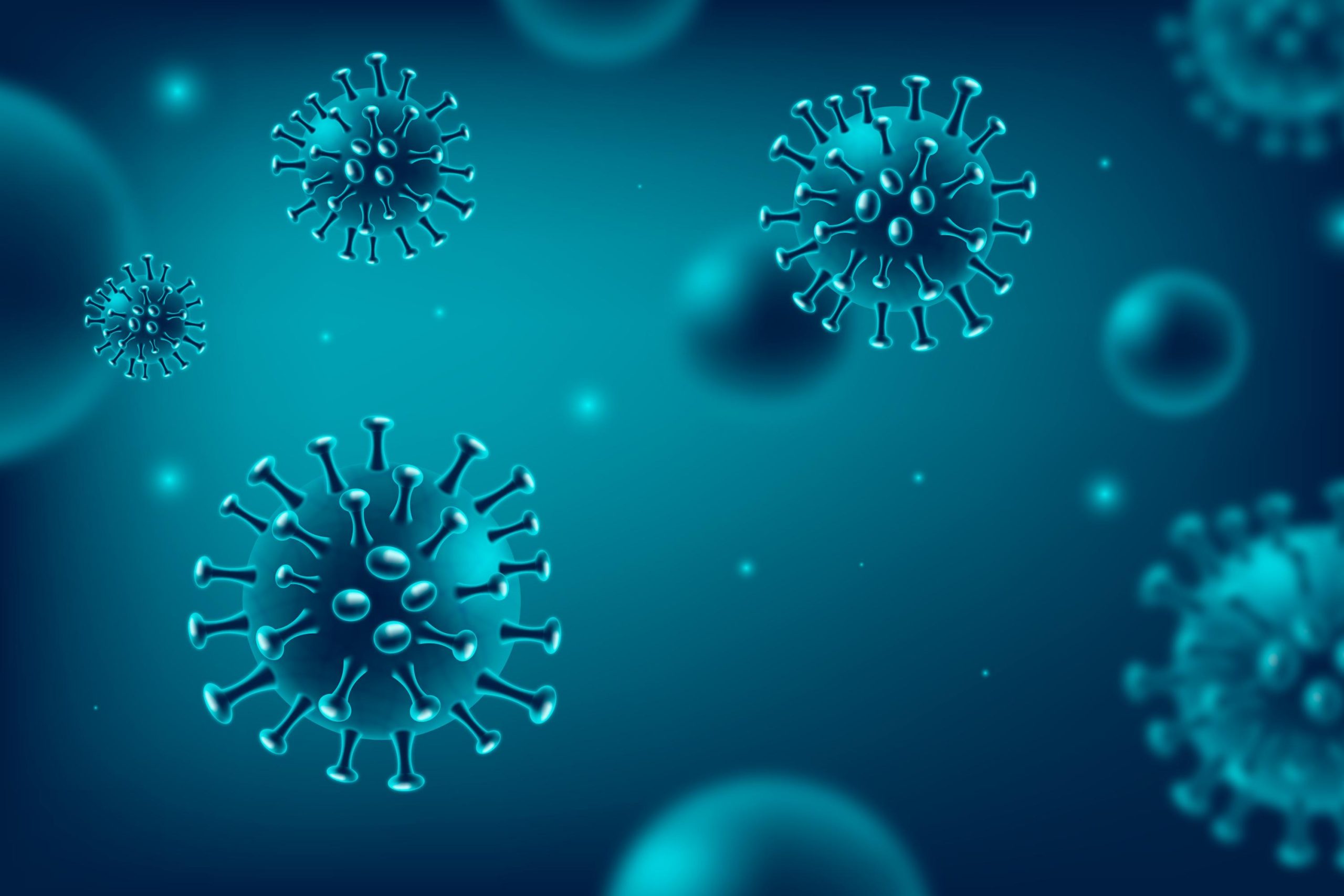Unlocking the Power of Probiotics in Boosting Immunity and Supporting Gut-Lung Health
Probiotics, those tiny but mighty microorganisms, have been gaining recognition for their ability to provide significant health benefits when consumed in the right quantities. Recent studies have shed light on their potential role in addressing health challenges, particularly in the context of COVID-19. Let’s delve into the world of probiotics and their fascinating connections to our immune system and the gut-lung axis.
Probiotics: Nature’s Health Allies
Probiotics are live microorganisms found in certain foods like pickles, cheese, and yogurt, which can confer various health benefits when consumed in adequate amounts. These friendly bacteria, often referred to as lactic acid bacteria, play a crucial role in supporting human well-being. Consuming between 108 to 1010 CFU (colony-forming units) of probiotics daily is recommended to unlock their full potential.
The benefits of probiotics are diverse, ranging from maintaining optimal intestinal pH levels to bolstering our immune system. Probiotics are known to prevent the onset of allergic diseases, aid in lactose digestion, and even contribute to heart health by potentially treating ischemic heart syndromes. Moreover, they enhance the absorption of dietary calcium, facilitate vitamin B synthesis, and have been linked to lowering blood cholesterol levels.
Beyond these benefits, probiotics have demonstrated antimicrobial effects against both spoilage and harmful bacteria. Certain probiotic strains exhibit direct and indirect antiviral activities, further highlighting their potential as immune system boosters.
Probiotics and Immune Modulation
Probiotics don’t just stop at boosting immunity; they actively play a role in immune modulation. These beneficial microorganisms enhance the bioavailability of essential nutrients, modulate immune cells, and maintain a balanced bacterial ecosystem within the gut. Dendritic cells, key players in immune homeostasis, rely on the gut microbiota to function effectively.
The gut microbiota can stimulate dendritic cells to prime T cells. Strains like Lactobacillus casei and Lactobacillus reuteri have shown promise in stimulating the production of IFN-gamma and activating pro-inflammatory Th1 cells. This stimulation can lead to improved virus clearance.
In mice, oral administration of Bifidobacterium infantis has been linked to the stimulation of dendritic cells, which can suppress Th2-biased immune responses and enhance pro-inflammatory Th1 effects, ultimately aiding in virus clearance. Lactobacillus probiotic strains have been found to stimulate dendritic cells to secrete IL-12, a vital cytokine that supports lung health by aiding in the clearance of bacterial and viral threats, such as Staphylococcus aureus.
Furthermore, probiotics, like Lactobacillus casei, can interact with Toll-like receptors on epithelial cells. This interaction prompts the synthesis of cytokines, contributing to improved epithelial cell productivity and inhibiting apoptosis. This, in turn, promotes cell proliferation and survival during the healing process.
The Gut-Lung Axis: A Vital Connection
Both the lungs and the gut harbor microbiota, with the gut hosting a more extensive collection of microorganisms. Recent research has unveiled a fascinating connection between the two, known as the gut-lung axis. This bi-directional communication system plays a pivotal role in maintaining immune balance and homeostasis.
Evidence suggests that inflammation in the gastrointestinal tract can trigger inflammation in the lungs through the gut-lung axis. Although the exact mechanisms remain largely unknown, dysbiosis (microbial imbalance) in both gut and lung microbiota is considered a significant contributing factor.
Previous studies have linked gut microbiota dysbiosis to various respiratory disorders, and shifts in lung microbiota composition toward the gut microbiota have been observed in different respiratory conditions. The communication between these two systems may be facilitated by increased gastrointestinal tract permeability, allowing the migration of gut microbiota to the lungs, ultimately influencing lung microbiota and immune responses.
Key components in this bidirectional communication include lipopolysaccharides and short-chain fatty acids, which are microbial components and metabolites originating from the gut. These compounds play essential roles in facilitating communication between the gut and lungs.
COVID-19 and the Gut-Lung Axis
While COVID-19 is primarily associated with respiratory symptoms like cough, fever, and breathlessness, recent studies have revealed an intriguing link between the virus and the gastrointestinal tract. COVID-19 patients have reported gastrointestinal symptoms such as bleeding, nausea, abdominal pain, diarrhea, vomiting, and loss of appetite.
Research has shown that fecal samples with low-to-no SARS-CoV-2 infectivity are marked by higher abundances of beneficial bacteria like Alistipes onderdonkii, Parabacteroides merdae, Bacteroides stercoris, and Lachnospiraceae bacterium 1_1_57FAA, which are known for their short-chain fatty acid production.
Moreover, studies have indicated imbalances in oral cavity bacteria in COVID-19 patients, with low levels of butyric acid-producing bacteria and high levels of lipopolysaccharide-producing bacteria.
The potential impact of probiotics in addressing these issues warrants further exploration. Understanding the dynamics of bacteria within the gut-lung axis is crucial in the context of COVID-19 and could pave the way for innovative approaches to managing the virus.
In conclusion, probiotics offer a promising avenue for enhancing immunity, supporting gut-lung health, and potentially mitigating the impact of COVID-19. As research in this field continues to evolve, we are on the brink of uncovering exciting insights into the role of these tiny microorganisms in promoting overall well-being.


